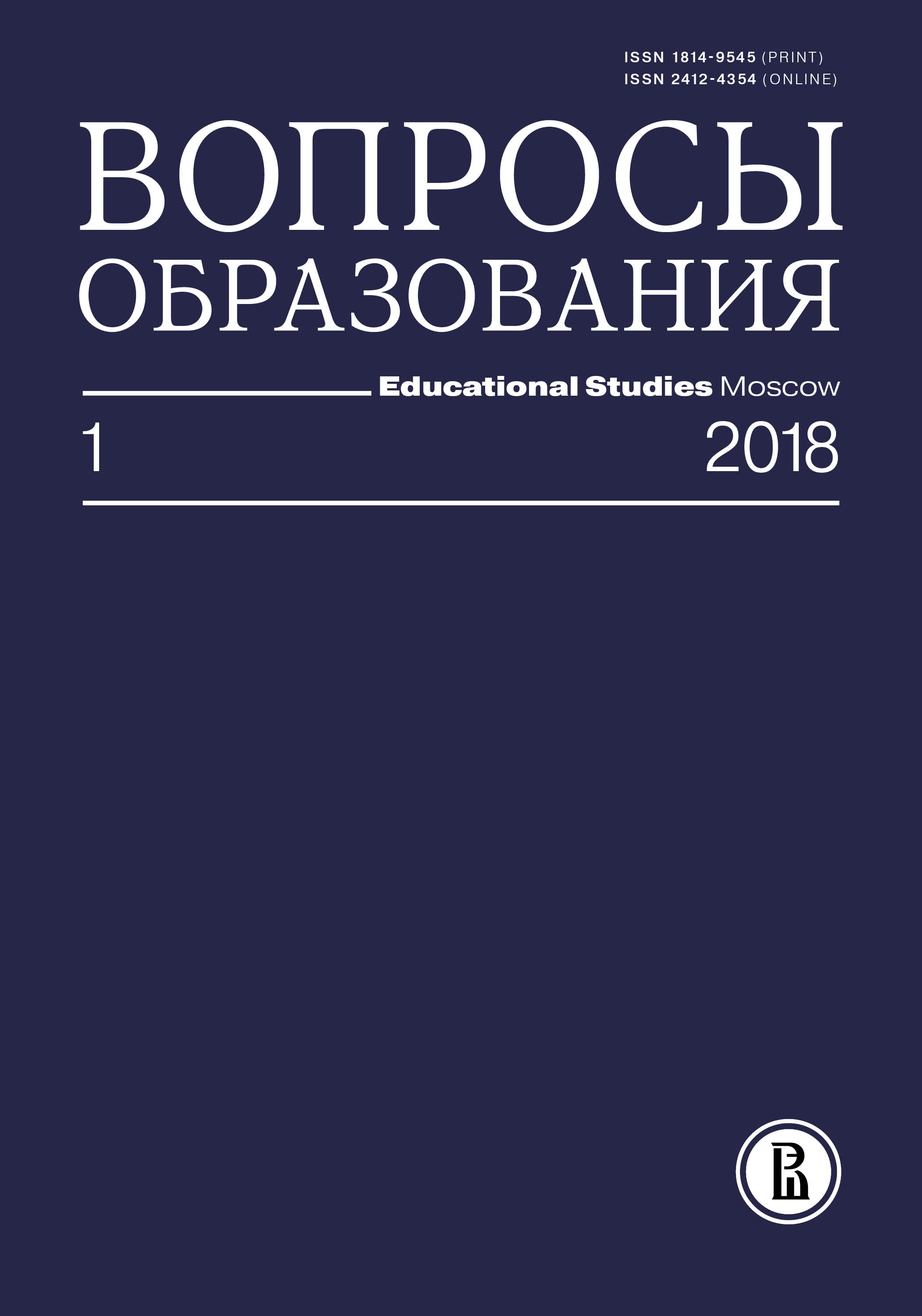Обобщенные типы развития первоклассников на входе в школу. По материалам исследования iPIPS
Аннотация
Опыт первого учебного года крайне важен для дальнейших образовательных успехов школьников. Информация о поле возможностей и потребностей первоклассников, прогноз их образовательных траекторий позволяют образовательной системе заметно улучшать адаптацию детей к школе и повышать эффективность учебных подходов. В статье представлены результаты обследования 7778 первоклассников, поступивших в 2015 г. в школы четырех российских городов: Москвы, Набережных Челнов, Севастополя и Тамбова. На основании данных о когнитивном развитии детей (в виде показателей по математике и чтению) и их некогнитивном развитии (личностном, социальном и эмоциональном) методом кластерного анализа были выделены и описаны четыре группы первоклассников с типичными паттернами развития на момент поступления в школу. Включение в анализ когнитивных и некогнитивных показателей создает дополнительные возможности для понимания особенностей детского развития в начальной школе и позволяет представить «галерею» из четырех типичных «портретов первоклассников». Полученные результаты могут быть использованы для помощи учителю в подборе и коррекции образовательных программ и других средств помощи ребенку в период адаптации.








